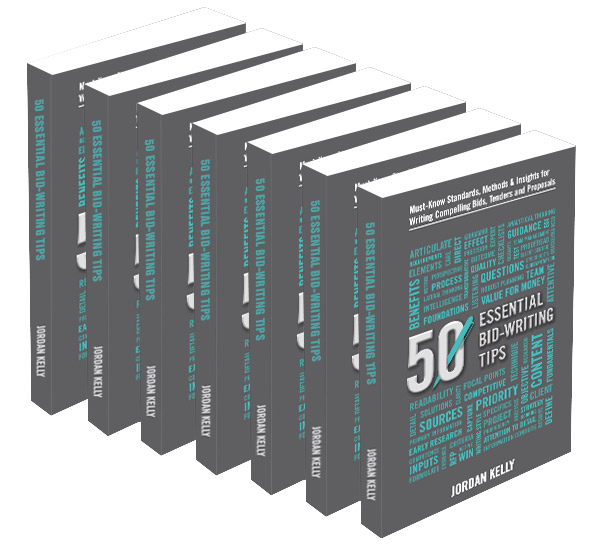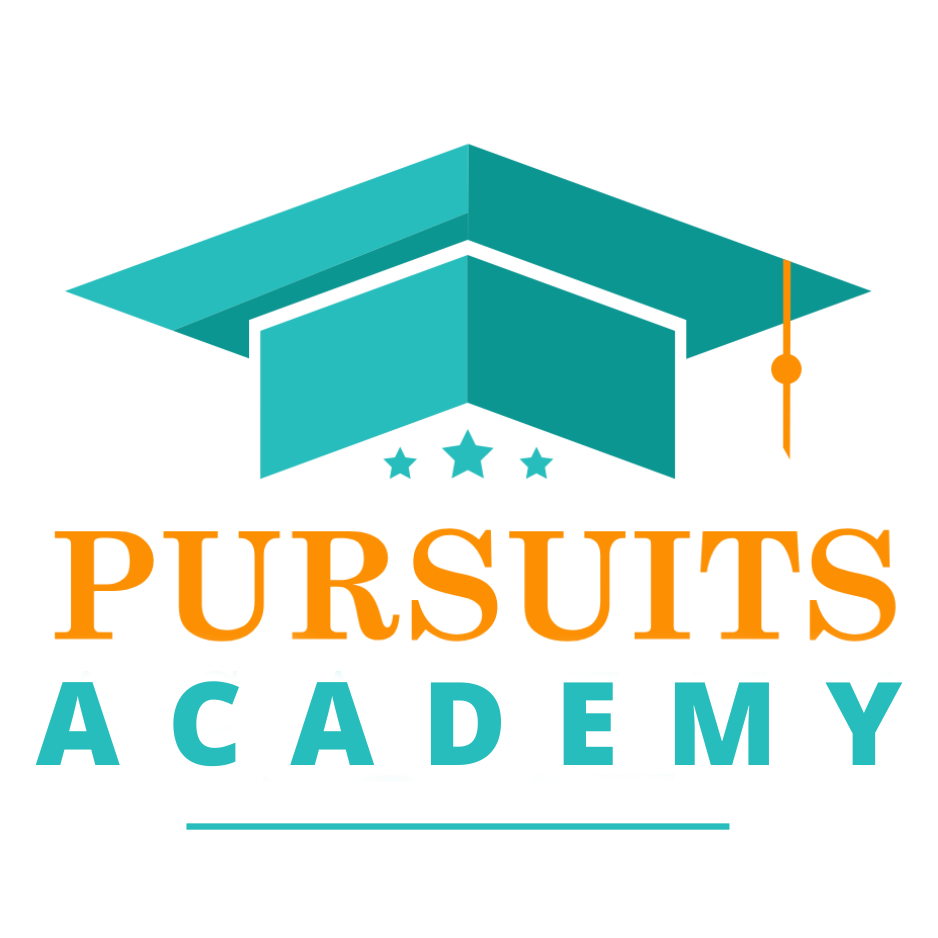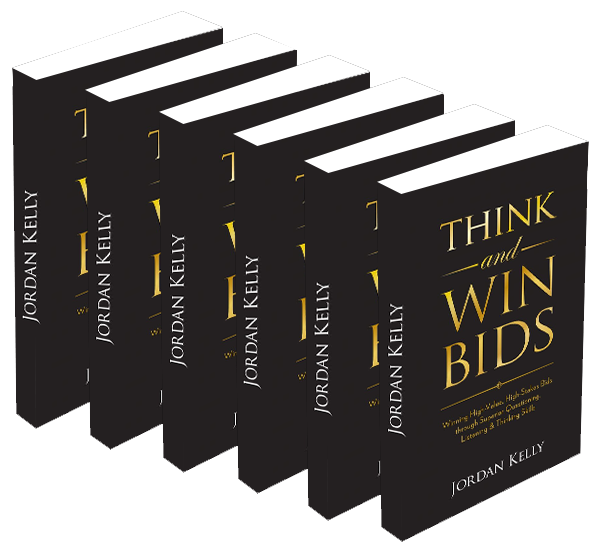CATEGORIES:

If you’re looking for "high-viz" points of difference when competing with larger competitors, look no further than the avoidance of convoluted bombast and meaningless "mumph" as your first.
Most corporate submissions are full of it. The use of plain, unadulterated English will be a refreshing change for your prospect organisation’s evaluators.
Bid teams cause themselves a huge problem when they insist on using trendy fashion-speak and other frivolous fuzz in their written responses.
Knowing the frustration this causes clients, and the frequency with which it happens, I can only sincerely urge you to take full advantage of the likelihood of any tendency by your competitors towards what is “high-falutin'” verbiage.
There are two key reasons your competitors engage in this rubbishy writing. More often than not, its usage is an attempt to sound sophisticated and “switched on” or “up to the minute”. Other times it’s to smoke over a lack of substance in answers to the bid documentation’s questions.
Often, it’s both.
Bid teams and their writers can also get tangled up in this type of non-English even when there actually is knowledge and potential substance to be conveyed in the content of a proposal or bid. This is particularly unfortunate for their employers (but equally to your advantage), because those documents come across pretty much the same as the substance-less version that uses the same type of guff to disguise a lack of core message.
Here are some examples of this sort of “empty’” writing. These examples are fabricated because quite clearly I can’t refer to confidential bid documents. Nonetheless, they’re typical of some of the writing I see produced by corporate sales and bid teams . . . and many senior executives, too, even more alarmingly.
Example 1:
We employ best-of-breed technology options to implement cutting-edge, proven solutions, ensuring you of a constantly innovative approach and continuous improvement in your IT environment.
Example 2:
Our track record demonstrates our commitment to world best practice and, accordingly, we will engage our focus on innovation throughout the contract.
Example 3:
As your business partner, we will work closely with you to leverage our experience across the project, producing an optimal solution that is robust, scalable and that can be seamlessly integrated with your existing systems.
Do experienced operatives really write this kind of
largely meaningless nonsense?
Yes, they do. And much worse.
The
entire content of some of the bids I’m given to provide commentary on is as convoluted and meaningless as the above examples. Tens (sometimes hundreds) of pages of, largely, non-information.
This commonly happens when little or no prior planning takes place and where, as a result, there is no central bid strategy.
Worse still, this strategy-less starting point guarantees a very supplier-centric bid or proposal. And usually one that is not even particularly readable or sensible, let alone compelling.
My recommendations are two-fold:
• Use plain English.
Resist the temptation to dazzle the prospective customer or client organisation and its evaluators with an extensive array of jargon.
I’m always particularly saddened when I see a submission produced by a smaller enterprise, the management of which obviously thinks it’s a demonstration of their ability to foot it against their larger competitors by using the same crazy corporate-speak.
• Place priority emphasis (as early as possible) on conducting intensive, thorough bid strategy planning sessions (preceded by comprehensive client, contract/project and competitor research).
This will help ensure a distinctive win theme and, in turn, solid content - and applies to
any size business.
Tell it like it is. Drop the dandy words. You don’t need them, the client/prospect and its evaluators are neither fooled nor impressed by them – and
(pending the quality of your offer and the substance of your content) the absence of them will render your documentation a pure and softly-landing snowflake amidst the garbage that is the hard-going reading contained in your corporate competitors’ productions.
THINK AND WIN BIDS
Winning High-Value, High-Stakes Bids through Superior Questioning, Listening & Thinking Skills
(Book)
The three fundamental skills of a genuinely sharp, sustainably successful bid professional are the ability to think, listen and ask quality questions.
Furthermore, formulating successful business development and bid strategies is the process of well-directed research and thinking; not the product of tools and templates.
To ensure all members of the bid team are, philosophically, on the same page, Think and Win Bids is also offered as a six-pack (6 books for the price of 5).
50 ESSENTIAL BID-WRITING TIPS
Must-Know Standards, Methods & Insights for Writing Compelling Bids, Tenders and Proposals

(Book)
Intentional successful bids are guided by a strategy that is well-researched, customer-centric / client-centric, substance-based, savvily-formulated, and documented in detail.
It is the bid writer's job to ensure that strategy (the primary – but not exclusive – role of which is to address all known selection criteria) is then articulated clearly, consistently and compellingly throughout every section of the proposal.
50 Tips is also offered as a six-pack (six books for the price of five).



